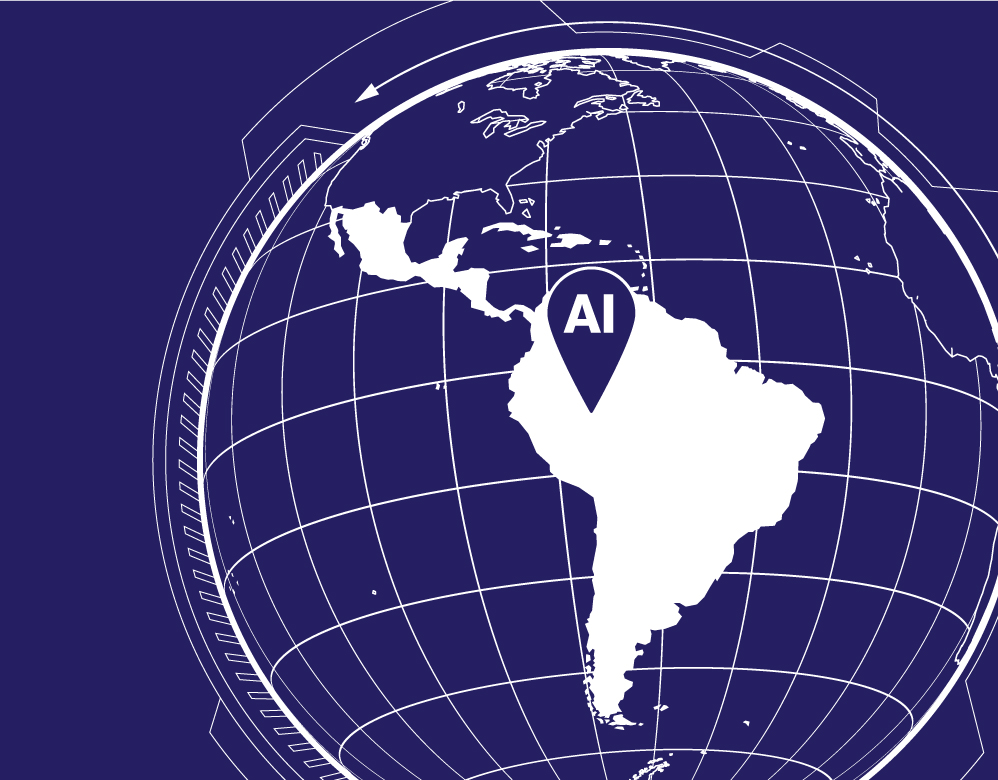Sponsored
The global AI agenda: Latin America
In association withGenesys
This report is part of “The global AI agenda,” a thought leadership program by MIT Technology Review Insights examining how organizations are using AI today and planning to do so in the future. Featuring a global survey of 1,004 AI experts conducted in January and February 2020, it explores AI adoption, leading use cases, benefits, and challenges, and seeks to understand how organizations might share data with each other to develop new business models, products, and services in the years ahead.

The global AI agenda: Latin America
The regional summary explores how executives in Latin America see AI: the opportunities, challenges, and the potential for data to be shared with third parties for mutual benefit. The main findings of the report are as follows:
- Almost 80% of large Latin American businesses are using AI. As of 2019, four in five businesses in Latin America have launched AI initiatives. Early results show benefits, primarily to operational efficiency and management decision-making. By 2022, AI will be used across 21%-40% of business processes at two-thirds of organizations surveyed in the region. Latin America has a robust ecosystem of startups, yet a lack of talent and the high cost of technology remain obstacles to AI.
- Future AI investments will target sales and marketing and logistics and supply chain. Over half of respondents (55%) cite customer service as their main AI application so far, and evidence across the region shows innovations like chat bots and AI-driven customer analytics in sectors including banking, air travel, transport, and e-commerce. By 2022, the number of companies using AI in sales and marketing and in logistics and supply chain will double. In three years, logistics and supply chain will be the region’s most widely applied AI use case.
- Latin America’s AI ecosystem would benefit from greater policy continuity and regional collaboration. Many countries in the region have developed or are developing national AI plans, but political volatility is interrupting or limiting policy continuity. A second challenge is the region’s limited voice and participation in the development of global AI governance and ethics frameworks; experts are concerned that the dominance of other blocs, especially the EU, could result in frameworks that are harder for Latin American companies to adhere to.
Download the full report.
Deep Dive
Artificial intelligence
Large language models can do jaw-dropping things. But nobody knows exactly why.
And that's a problem. Figuring it out is one of the biggest scientific puzzles of our time and a crucial step towards controlling more powerful future models.
Google DeepMind’s new generative model makes Super Mario–like games from scratch
Genie learns how to control games by watching hours and hours of video. It could help train next-gen robots too.
What’s next for generative video
OpenAI's Sora has raised the bar for AI moviemaking. Here are four things to bear in mind as we wrap our heads around what's coming.
Stay connected
Get the latest updates from
MIT Technology Review
Discover special offers, top stories, upcoming events, and more.